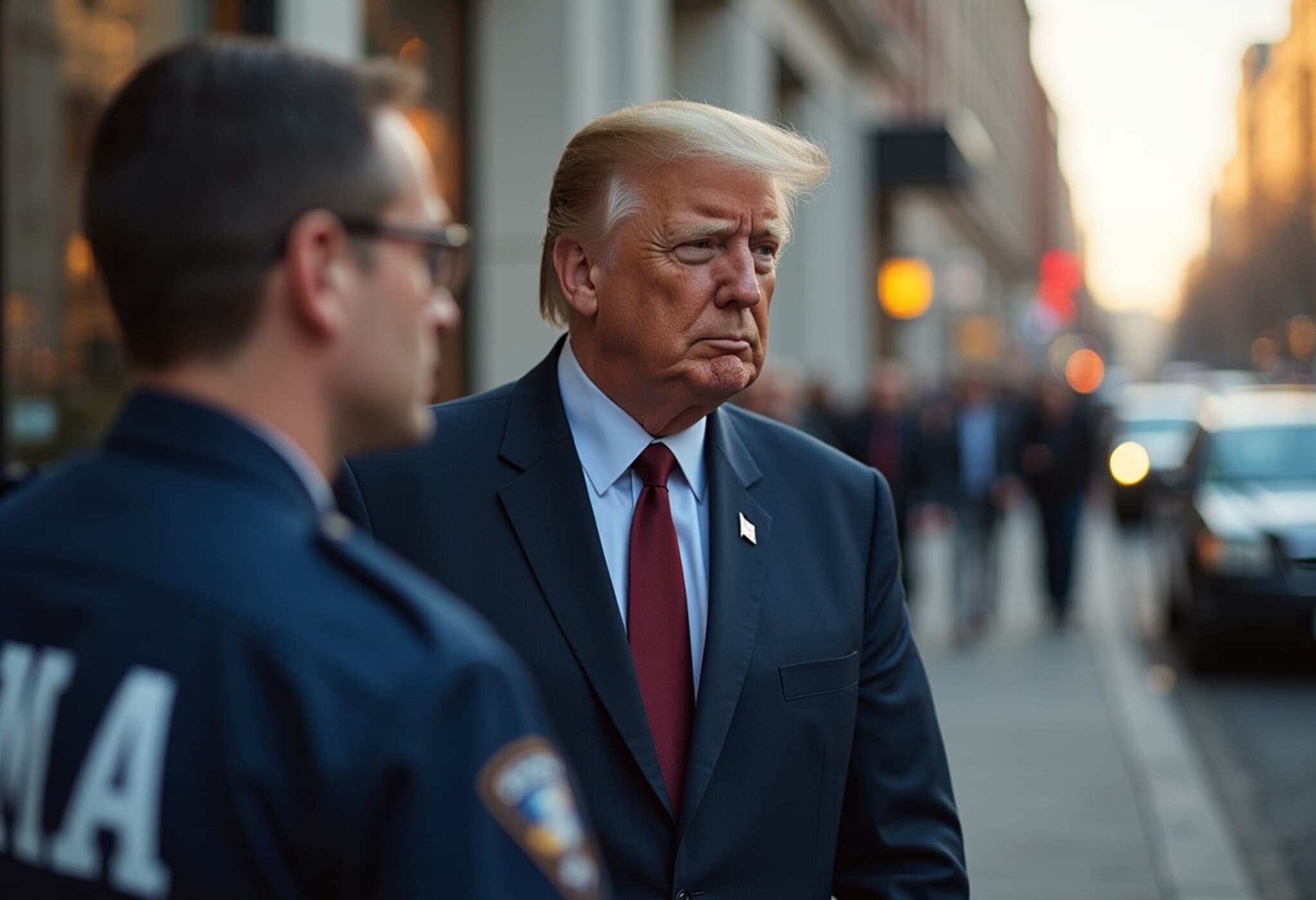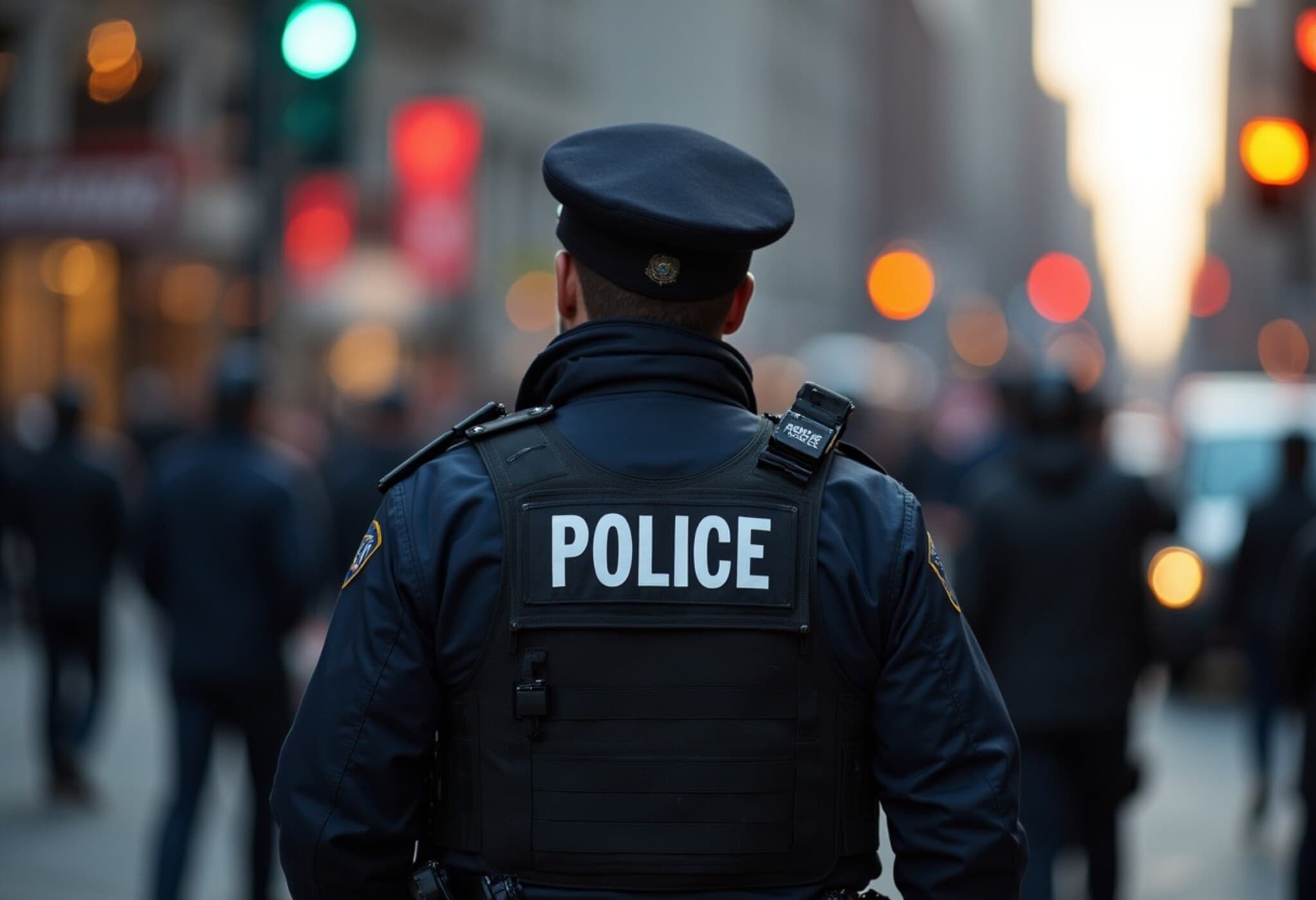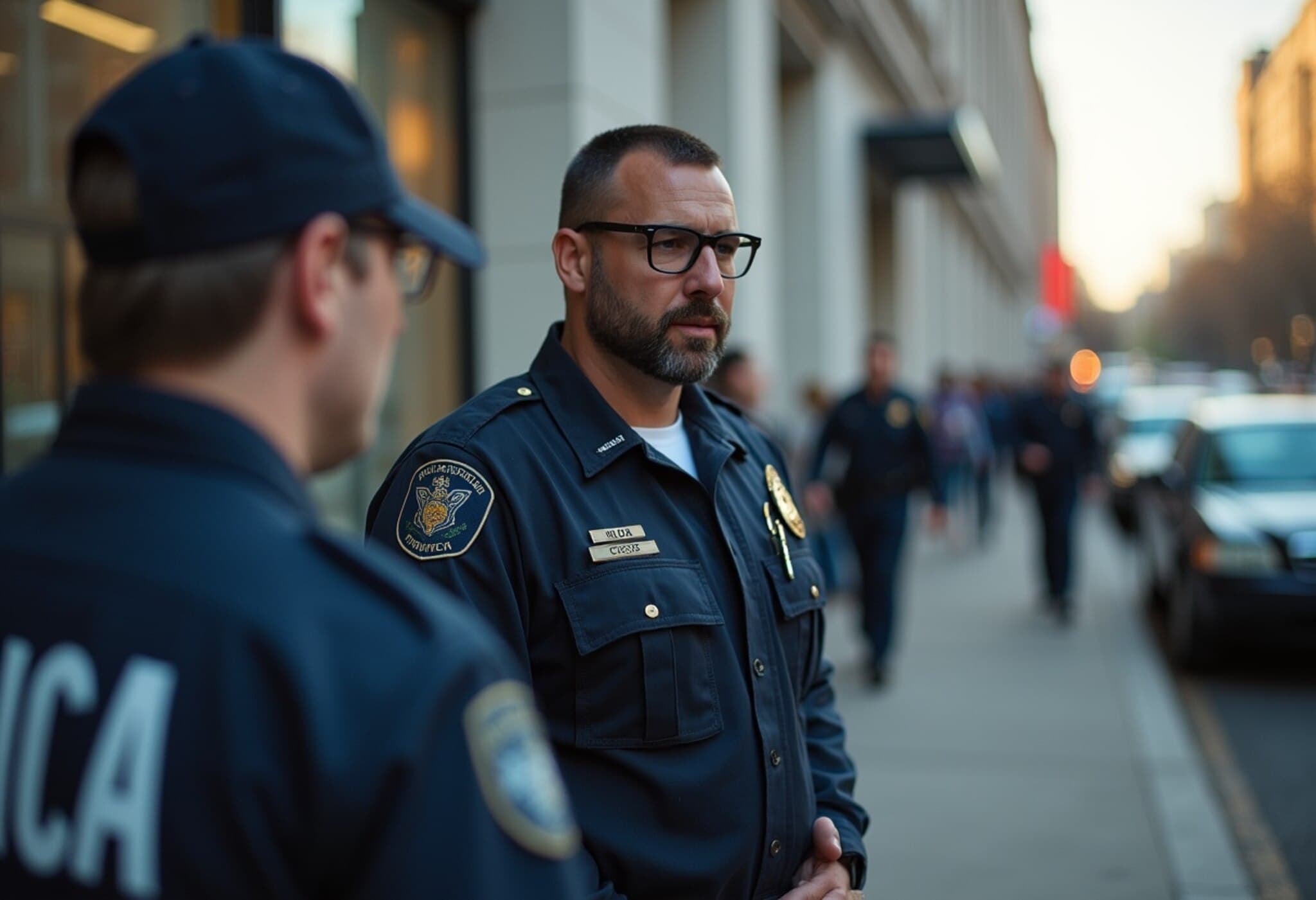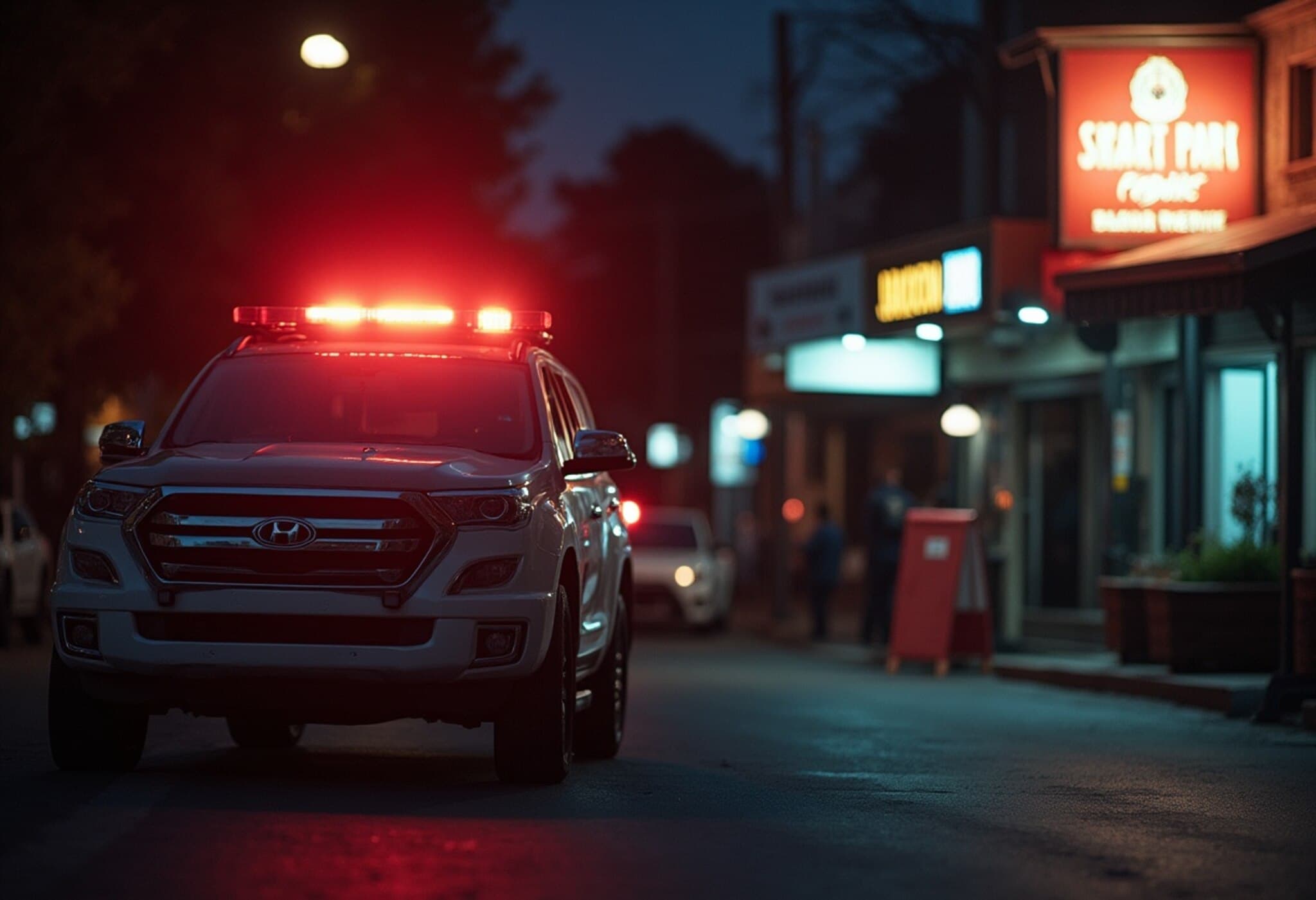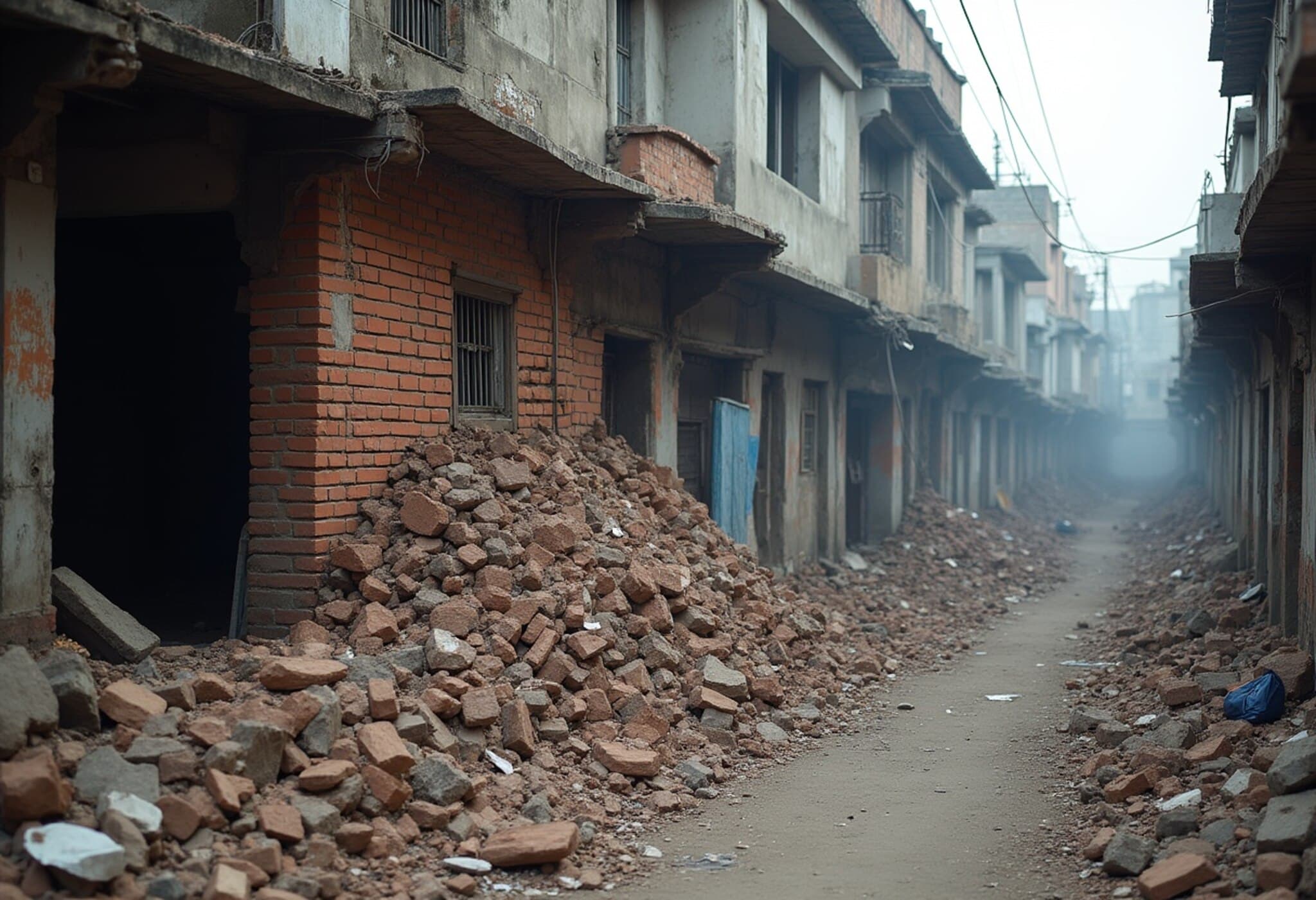Canada’s Conservative Party Urges Terrorist Designation for Bishnoi Gang
In a growing wave of concern over organized crime targeting South Asian communities across Canada, the Conservative Party has stepped up calls for the federal government to officially label the Lawrence Bishnoi gang as a terrorist organization. The gang is accused of an escalating series of violent incidents, including shootings and extortion attempts in provinces such as British Columbia, Alberta, and Ontario.
Violence Rocks South Asian Communities in Canada
The Lawrence Bishnoi gang has reportedly taken responsibility for multiple violent attacks, notably two shootings at Bollywood star and comedian Kapil Sharma’s Kap’s Café in Surrey, British Columbia, in recent weeks. These brazen acts of violence have reverberated throughout Canada’s South Asian diaspora, stirring fears and demanding urgent action from authorities.
Political and Civic Leaders Demand Robust Measures
Frank Caputo, the Conservative Party’s public safety critic and a former Crown prosecutor, emphasized to media outlets that the gang’s activities squarely meet Canada’s legal definition of terrorism under the Criminal Code. “Given the terror they impose on the South Asian community ... they unequivocally satisfy the criteria for terrorist organization designation,” Caputo said.
Such a designation carries significant implications — empowering law enforcement with enhanced legal tools to freeze the gang’s assets, seize properties, and impose stiffer penalties against its members. The calls have resonated beyond opposition ranks: prominent provincial leaders including British Columbia Premier David Eby, Alberta Premier Danielle Smith, and the mayors of Surrey and Brampton have also urged Ottawa to act swiftly to curb the violence.
A Closer Look: The Kap’s Café Attacks
Kap’s Café, launched on July 4, was first targeted on July 10 when gunshots were fired at the establishment, causing injuries or fatalities to be miraculously avoided but shuttering the new business temporarily. A second attack occurred on August 8 in the early morning when multiple shots rang out again. Social media posts allegedly from gangster Goldy Dhillon claimed responsibility along with the Bishnoi gang for these incidents, amplifying public alarm.
Despite the attacks, Kap’s Café has vowed resilience, describing the incidents as “heartbreaking” but reaffirming their commitment to remain a place of “warmth and community.” The café’s stance has galvanized many in the local South Asian community who perceive these acts as attacks not just on one business, but on cultural and communal safe spaces.
Expert Insights and Broader Context
Analysts note that designating homegrown criminal gangs as terrorist entities is a complex but increasingly necessary measure in countries grappling with organized crime’s evolution into paramilitary-style operations. Canada’s approach mirrors a growing international trend emphasizing proactive financial, legal, and community-based interventions to dismantle such networks.
Beyond law enforcement, community leaders stress the importance of addressing underlying socioeconomic factors and ensuring that immigrant communities have robust support systems to resist intimidation and violence.
Looking Ahead: What Does This Mean for Canada?
The Conservative Party’s push to label the Bishnoi gang as terrorists marks a pivotal moment in Canada’s ongoing struggle against organized crime’s impact on vulnerable communities. If Ottawa responds by formalizing the designation, it could set a precedent for how similar groups are confronted nationwide. Meanwhile, public safety experts and community advocates alike call upon authorities to balance stringent enforcement with social programs to restore trust and security.
Key Takeaways
- Designation as a terrorist organization could allow freezing of assets and harsher punishments.
- Violent attacks on Kapil Sharma’s café have triggered widespread alarm within South Asian diasporas.
- Provincial leaders and civic officials urge rapid federal action.
- Experts underscore the need for integrated law enforcement and community support strategies.



